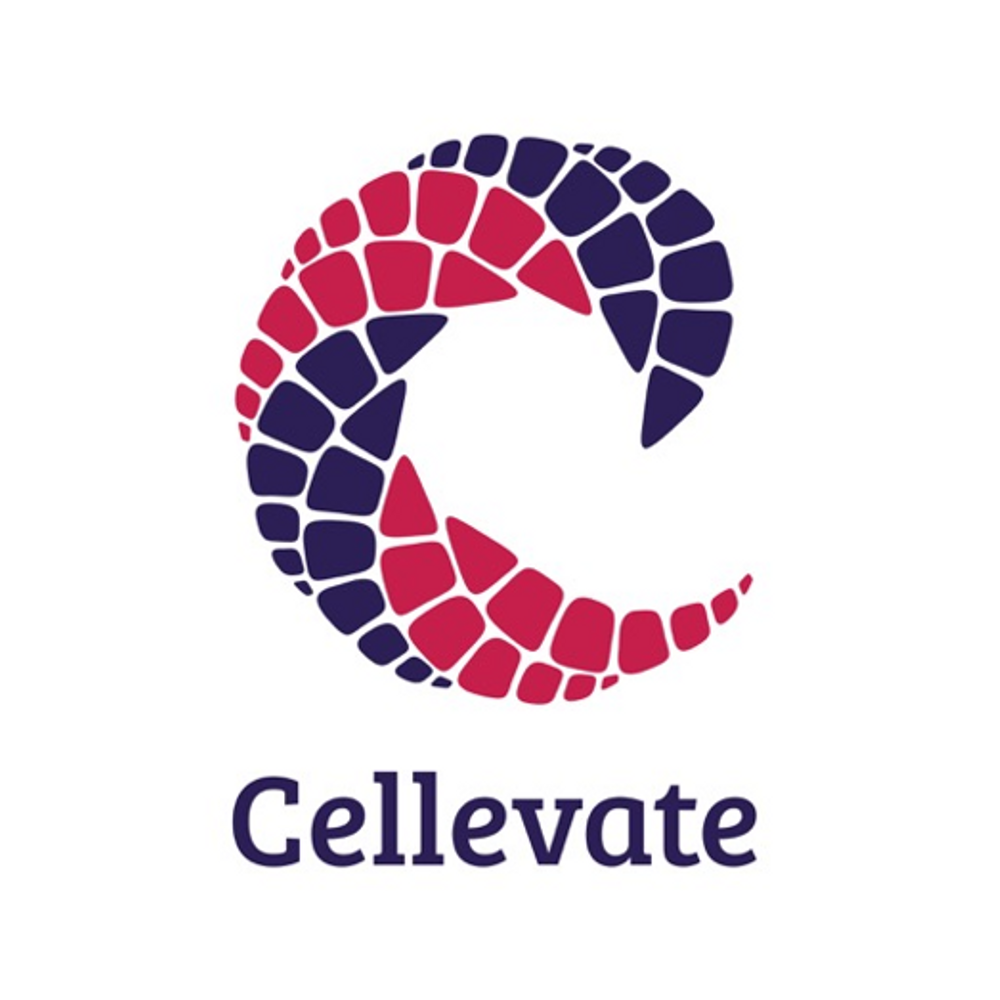SmiLe welcomes Cellevate to incubator environment
Cellevate has developed a new cell culture platform. Nanofiber is used to imitate the three-dimensional environment that cells experience in the human body, making it possible to conduct research in realistic in vitro models. The technology streamlines biomedical research and will in the long term make it possible to reduce the number of animal experiments.
The seed for Cellevate was sown during a project course at the Faculty of Engineering, Lund University. Together with Professor Lars Montelius and Dr. Fredrik Johansson, four students investigated how cells are affected by topography at the nanoscale and nanofiber networks. A grant from the Biomedical Center in Lund made it possible to continue to conduct research on prototype development of wound-healing methods.
With diploma in hand and after exciting research findings, two of the students, Maximilian Ottosson and Albin Jakobsson, decided to continue developing the technology for networks of nanofibers and in 2014 they formed Cellevate.
Initially Cellevate targeted companies and researchers in the life sciences. Last summer Cellevate received about SEK 1 million in private capital from two Swedish holding companies. The infusion of capital made it possible to develop the offering and begin the commercialization process. During the autumn the company received capital from another private investor, also around SEK 1 million.
“We are now setting new goals and expanding the customer group so that we can grow organically. In 2017 we are mainly aiming to reach out to industry and increase the number of companies with which we work,” says Maximilian, who is CEO of Cellevate.
“We’ve streamlined the process for developing the network of nanofibers, and it opens up completely new applications. In the industry, production of nanofibers is usually expressed in dm2/h. With the process that we developed, we talk instead about m2/min. There are only a few companies worldwide that can offer this technology,” says Maximilian.
For the past few months Cellevate has been one of the incubator companies at SmiLe, which means additional opportunities for the company.
“Until last fall, we had been moving in an academic environment. In the incubator, there is a different focus on entrepreneurship and commercialization, with extremely competent advisers and sponsors here who will help us to progress,” says Maximilian.
SmiLe also provides Cellevate with entrances and opportunities to seek additional funding. For example, Cellevate was accepted through SmiLe to participate in Southern Sweden Going Global (SSGG), an EU-financed project aimed at increasing the competitiveness and global visibility of Skåne’s young life science businesses. Through SSGG Cellevate receives training, exposure and networking opportunities.
“We would never have come this far if we hadn’t received innovation support from the university and SmiLe. It's fantastic to be in this environment with proximity to the university, ESS, MAX IV and the Copenhagen region,” says Maximilian with a smile.
For additional information, please contact:
Maximilian Ottosson, CEO, Cellevate
Mobile: (+46) 736 33 33 90
e-mail: info@cellevate.com
More about Southern Sweden Going Global
The partially EU-financed Southern Sweden Going Global project aims to increase the competitiveness and global visibility of Skåne’s young life science businesses through activities that increase expertise, as well as participation in international delegation trips and business fairs.
Currently, 20 businesses are part of the project; the expected total number of participating businesses over the three-year project period is 35. Southern Sweden Going Global is run by Invest in Skåne along with incubators Medeon Science Park & Incubator and SmiLe Incubator.
About SmiLe Venture Hub – Pioneering Life Science and Foodtech Innovations
www.smileincubator.life
